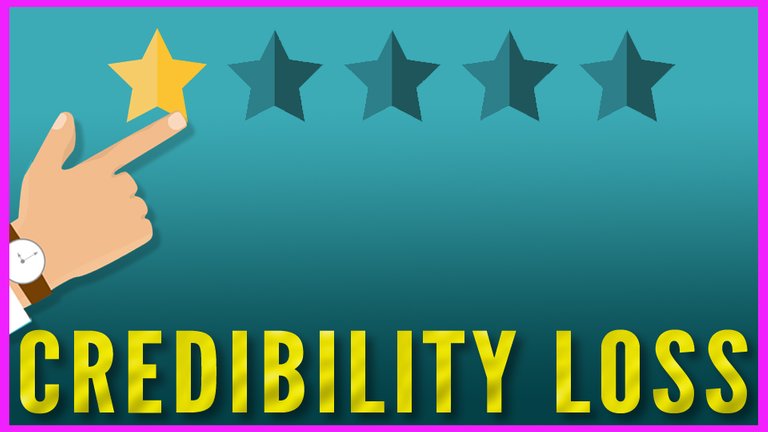
Grammar’s boring, and often confusing. English often isn’t written as it’s spoken, leaving those of us who aren’t grammar nerds and spelling enthusiasts scratching our heads. Yet it’s still important now, even in an age of autocorrect that helps us to correct (most) of our boo-boos on the fly.
Typos, words that sound the same, and just confusion can all take your pristine writing and screw it up in seconds – and there’s always someone reading who will narrow their eyes at that honest mistake and declare that they can’t or won’t purchase from you anymore.
Here are their 10 top peeves: learn them all and keep the Gods of Grammar on your side.
Then/Than is a common one that drives many barmy. Then means ‘at that time’ or ‘next’, while than is a comparative term used to compare two things. A surprising amount of people don’t get this right – don’t be one of them!
Lose/Loose is another homonym (words that sound the same) that can have your resident spelling and grammar police office clutching at their batons in red-hot fury. Lose means to lose something, while loose refers to something that isn’t tight – such as a loose socket.
Their/They’re/There is an unholy trinity of confusion that has led many astray. To make matters worse, they sound the same: but to someone who knows what each means in writing and cares, seeing this wrong is a jarring experience that creates headaches while breaking the flow. Come on guys, their not that hard too master!
To/Too/Two is another trinity of fun guys that loves to slip people up. Admittedly, this triumvirate is also super-easy to typo, and your spell-checker won’t catch this out, nor will your eye which is already exhausted from looking at the document so much.
Your/You’re Your is possessive (something that belongs to you), while you’re is a contraction of ‘you are’. Nice, easy, and simple, right? No way, totally wrong. This is a common error that sets teeth on edge the whole world round, prompting irate grammarians to respond with “your what?” to the hapless typist.
This isn’t just limited to words. Punctuation is a whole other battlefield where many have fought valiantly, only to fall at the last minute under a vicious attack from enraged grammarians who have had their fill of poor grammar. Take note: this is the kind of stuff that flies under the radar of most, but it matters.
Apostrophes, or the humble ‘ – what could be more harmless than this? Well, it’s fine, but don’t use it where it shouldn’t be in plural words. “10 apple’s” is a mistake that will elicit a war cry from over the ridge. The apostrophe either indicates that a letter has been omitted, such as in “don’t” (do not), or possession of something, such as Anne’s dog.
…… oh, the humble, overused… ellipses…. That we all use. But are the right? Probably not. If you’re quoting someone, it means you’ve left out a bit of what they have said, or that you’re creating suspense by not finishing what they said. In all other situations, just avoid them – or face the consequences.
Quotation “Marks” man, just use these when you mean them, not “just” because they feel right to “you”. These randomized quotation marks are to donate a misuse of a word for emphasis. It’s a fun tool, but if you’re using it wrong – such as wishing your boss a “great” day, that’s gonna be a paddlin’.
Just don’t, guys. Stop it!